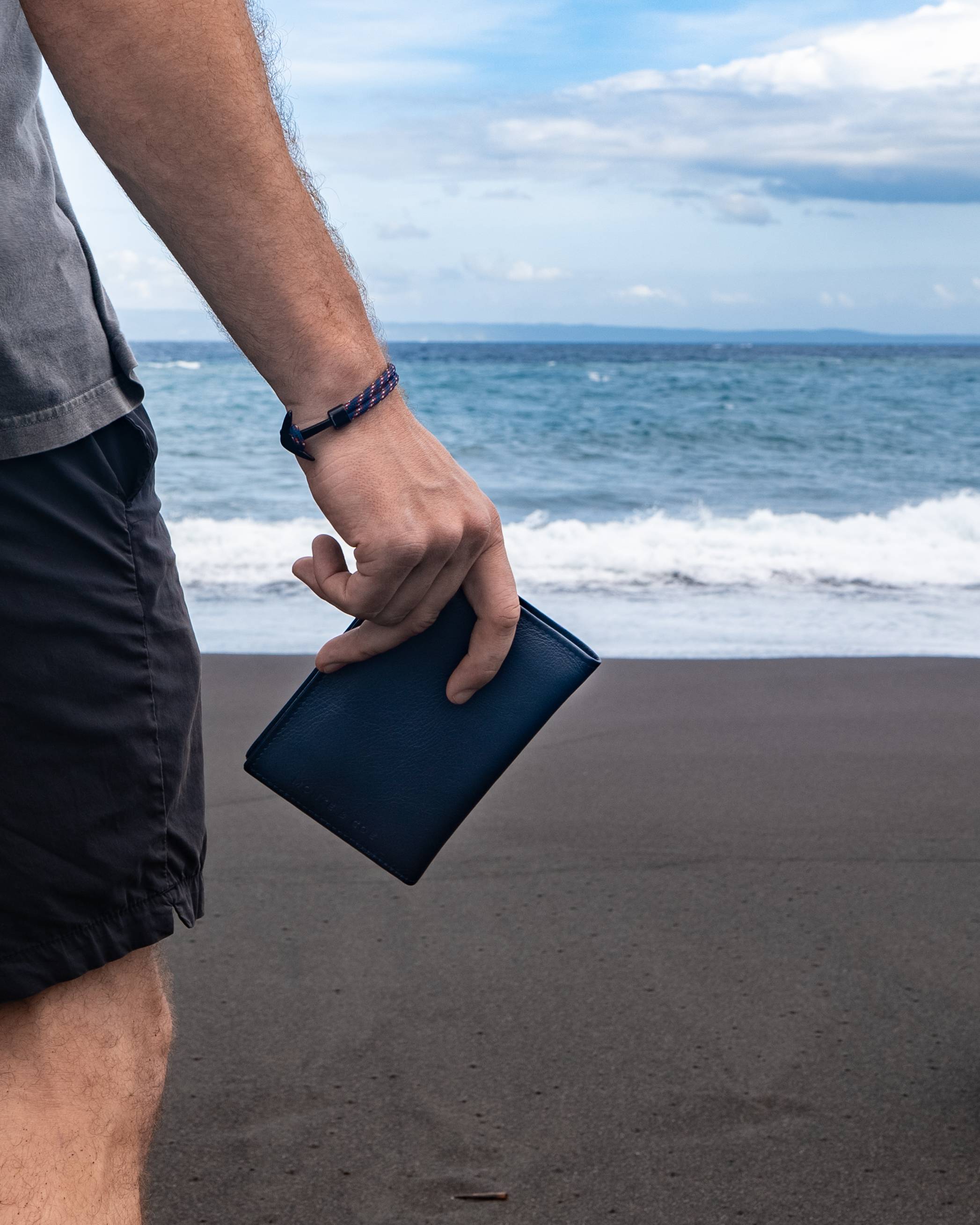
6 Tips to Get Over Jet Lag
Summer vacation plans? Don't let jet lag get in the way of your fun.
What is jet lag?
Jet lag is a symptom that occurs after traveling quickly across time zones and your body’s typical rhythm falls out of sync.
Jet lag happens when you alter your natural circadian rhythm by traveling to a new time zone. Think of the circadian rhythm as the internal clock your body uses to manage sleep/wake times.
Fact: Jet lag is worse as you travel from west to east — it may last longer than if you travel westbound.
Jet lag normally just lasts for a few days, but there are a few tips and tricks to reduce to quickly overcome the symptoms.
Follow your new time zone

When arriving to your new destination, try forgetting about your old time zone as soon as possible.
If it’s still daylight, stay outside and try to remain relatively active. If you arrive at night, it’s best to go to bed and rest, even if you aren’t tired.
The same goes for meal times. Eat meals according to your current timezone.
Your technology will likely update clocks automatically, but if you have a manually set watch, set it to the new time as soon as you depart.
Manage your sleep time
Make sure you sleep at times that are the most appropriate for your new time zone. Is it night time at your destination while you’re in the air? Try to sleep during your flight.
Is your flight a red-eye? Try to sleep throughout the whole flight but keep in mind that you’ll likely have to stay awake for the whole day in your new time zone. Once you arrive at your destination, avoid the urge to nap during the daytime.
Long haul/ red-eye flight must haves:

Leather Passport Holder - Everlasting Comfort Store - $43.95 CAD
Airplane neck pillow and accessories - Monte & Coe - $395 CAD
Stay hydrated
Dehydration can make the symptoms of jet-lag much worse. Drink plenty of water before, during and after your flight. Airplanes have dry air, counteract its effects by drinking enough water.
Soak up the sun

You might be exhausted when you arrive at your destination, but it’s important to stay awake while it’s still daylight.
Jet lag interrupts your internal clock because your exposure to light changes when you travel to different time zones. Light therapy and exposure can wake up your body and reduce the release of melatonin hormones that make you sleepy.
Fight the urge to sleep, get a little active and soak up the sun!
Melatonin
Consider melatonin to help you get sleepy or stay asleep throughout the night while you adjust to the new timezone.
To avoid unwanted side effects, don’t take more than 5 mg of melatonin at a time. Avoid taking melatonin for more than three nights as your body can become reliant.
Talk to your doctor or healthcare practitioner before taking any new medication.
Arrive early
Traveling for a particular event or meeting? We recommended arriving at least two days earlier to allow your body to adjust to the time zone.
Bottomline
Everybody gets jet lagged and its perfectly natural. Whether you use these tips or not, jet-lag symptoms will go away within a few days.
Get out there, enjoy your vacation and #carryuswithyou!




Leave a comment
This site is protected by hCaptcha and the hCaptcha Privacy Policy and Terms of Service apply.